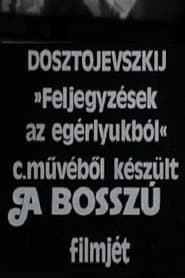film diperankan gy c3 b6rgy feh c3 a9r
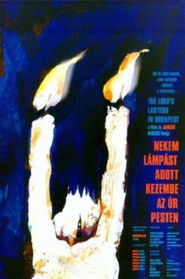 In the Kerepesi Street cemetery three...
In the Kerepesi Street cemetery three...The Lord's Lantern in Budapest 1999
In the Kerepesi Street cemetery, three grave diggers contemplate the fate of the world, then they step out of this role and in a sequence of episodes they play the typical figures of contemporary Hungarian reality, the fat cat, the swashbuckler, the victim, underworld chieftains, and present little absurd dramas of love, marriage, friendship, public order and legal safety. The author and the film director walk among them all the time, contemplating, laughing at their plays. The stories starting from the graveyard and returning there warn of the inevitability of death. The author and the director (Gyula Hernádi and Miklós Jancsó) wisely make friends with death.
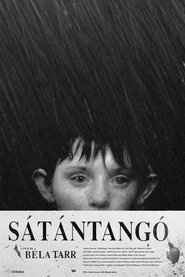 Inhabitants of a small village in...
Inhabitants of a small village in...Satantango 1994
Inhabitants of a small village in Hungary deal with the effects of the fall of Communism. The town's source of revenue, a factory, has closed, and the locals, who include a doctor and three couples, await a cash payment offered in the wake of the shuttering. Irimias, a villager thought to be dead, returns and, unbeknownst to the locals, is a police informant. In a scheme, he persuades the villagers to form a commune with him.
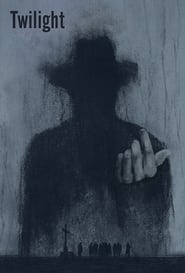 In the dense and murky woodlands...
In the dense and murky woodlands...Twilight 1990
In the dense and murky woodlands of provincial Hungary, the search for a child murderer drags a once-respected detective into an all-consuming obsession enshrouded by irresolution and despair, even long after he has been taken off the case. What emerges is not a crime story, but a harrowing venture through the darkness of the human soul.
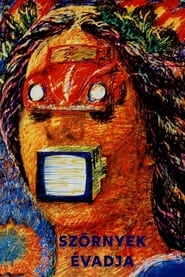 Zoltai is a Hungarian professor who...
Zoltai is a Hungarian professor who...Season of Monsters 1987
Zoltai is a Hungarian professor who returns home after a visit to the United States. Following a television interview, he commits suicide and leaves a note for his longtime friend Dr. Bardocz. The doctor and Zoltai's colleague Komindi join the police in investigating what drove the man to suicide.
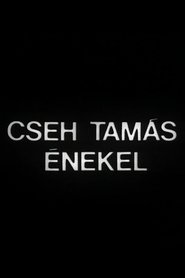 Smoky little clubs late nights late...
Smoky little clubs late nights late...Cseh Tamás énekel 1980
Smoky little clubs, late nights, late nights of conversation over a glass of beer and a guitar. The lyricist Géza Bereményi and the composer-performer Tamás Cseh are the creators of the most topical and accurate songs of the 70s and 80s, expressing the mood of the "30s and 40s" of that time - a mood that was their own destiny. This stunning recording from 1980 includes songs like Tangó, Álomfejtés, Szabó Kálmán tegnap este..., A 100. éjszaka, A legjobb viccek, Születtem Magyarországon, A dédapa dala, Egy bogár, Krakkói vonat, Az ócska cipő, Filmdal.
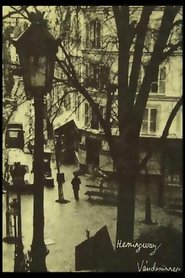 With this 32minute short film based...
With this 32minute short film based...Vándorünnep – Emlékezés Hemingway-re 1974
With this 32-minute short film, based on Ernest Hemingway's posthumously published book A Moveable Feast, György Fehér commemorated the author, who died 75 years ago. In the film, Tamás Cseh - one of his earliest film appearances - sings live the lyrics of the song, which are only sung in this film. This was the first time György Fehér and he worked together.
 A five part docudrama following the...
A five part docudrama following the...Pedagogical Series 1973
A five part docu-drama following the everyday lives, family conflicts, careers, joys and problems of a married couple of school teachers and their five children.
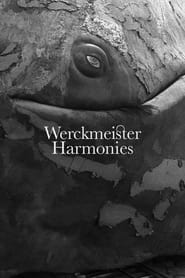 A naive young man witnesses an...
A naive young man witnesses an...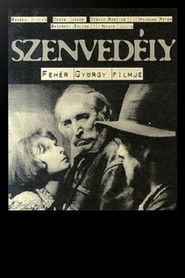 A woman and her lover plot...
A woman and her lover plot...